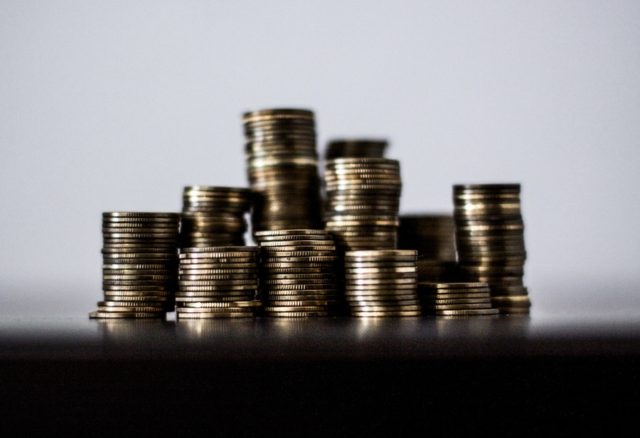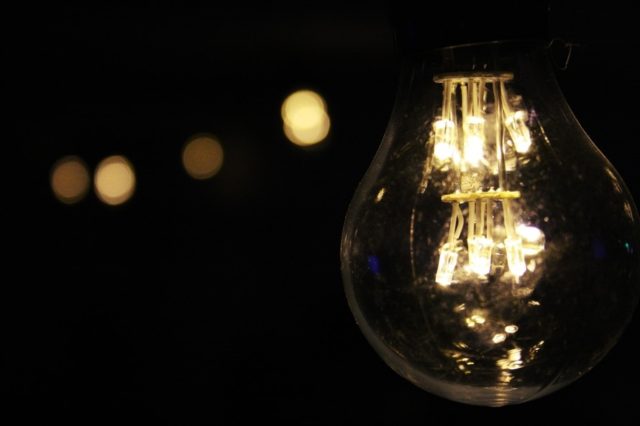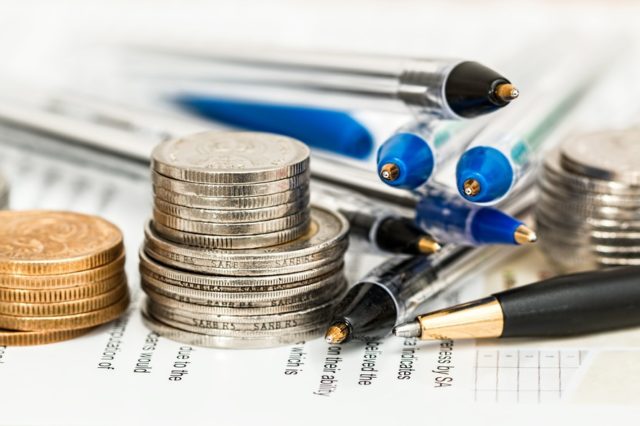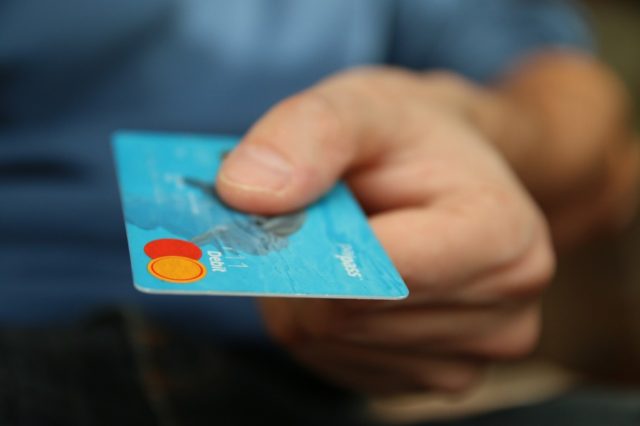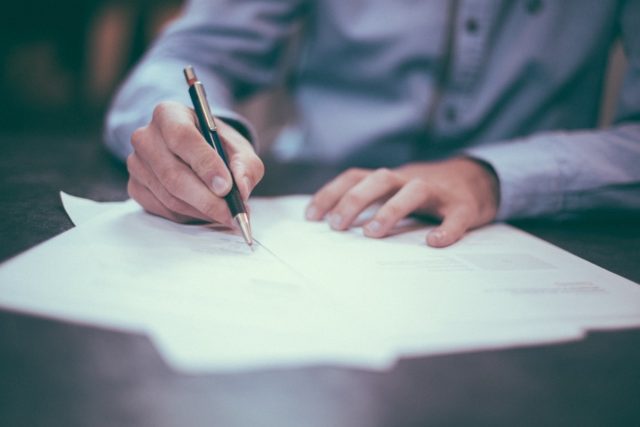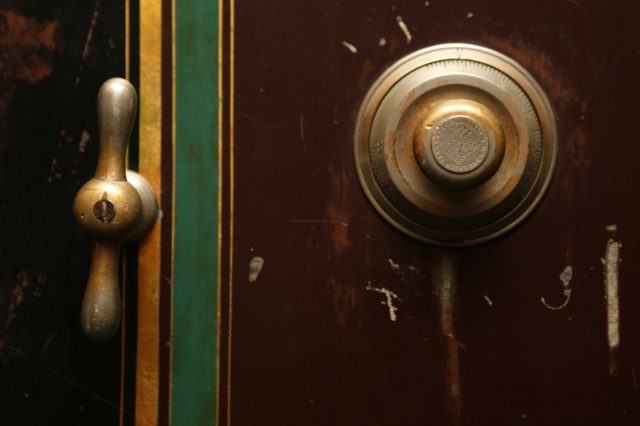Money is something that we can’t afford to take for granted. Even though many of us might not consider it one of the most important aspects of life, underestimating its effects can be highly dangerous.
There are all kinds of disasters and crises that can severely affect not only your finances but your ability to get more. From how you handle your home bills to how sudden accidents can lead to massive losses. Even bankruptcy. There are dangers to your financial health all around. You can never foresee the future, but you can prepare for it. This article is going to look at the key ways of protecting and preparing your finances.
Expenses
The first thing you need to know about being more financially careful is knowing how much you spend. Particularly, knowing how much you spend compared to how much you should be spending. We all rack up expenses, little and large, throughout the year. Additions we make to our groceries, shopping trips and the like. You don’t have to start living without the things that make life just a little better, of course. But you should be keeping an eye on how those costs can build up. There are plenty of finance tracking apps to help you do that, too.
Budgeting
The data that you get from recording a few weeks or a few months’ expenses can help you build a better budget. Household budgets are a key way to understand everything that you’re spending for the home. They’re especially helpful if you’re working towards certain saving goals. Take the expense tracking tips from above a bit further. Take into account the big payments like mortgage and the car. Then the groceries, bills and everything else you need. Separate them by category and you might be able to see places you can begin making some savings.
Energy
In terms of household bills, one of the most substantial has to be our energy bills. People have been pushing towards a more sustainable energy using life. For you, that also means saving plenty of money on your bills, too. There are a lot of ways to make those energy bills sting a bit less. For example, insulating not only your home but your water heater so the whole home retains heat longer and needs less electricity to keep it warm. Similarly, updating your appliances can be a short-term savings goal that has long term benefits. The new models of most kinds of appliances tend to be a lot more energy efficient.
Cars
As for your car, they tend to be the second biggest expense in anyone’s life. Beyond financing the purchase of the car itself, there is also the running costs on it to consider. Primary to this is how much fuel you use on it. A simple way to use less fuel is relying less on travel by car, if possible. Setting aside some space in your budget can also help you save for mechanic costs so they don’t come as a nasty shock down the line.
Another big expense that we all have to live with is how much we owe the tax man. It’s a big process every year that makes very few people happy. However, you could be just a bit happier with the process if you’re able to cut down some of those costs. Tax rebates can be the kind of financial bonus that many of us could make good use for. Take a look at some of the deductions that you could be eligible to make. It can be particularly lucrative for those working from home.
Debt
Throughout life, we’re all likely to find ourselves in some kind of debt or another. Whether it’s paying out loans like student debts or having lost control of our finances. This becomes a problem when we’re late on the payment and those existing debts are doing our finances damage. So what do you do to get rid of them? The best piece of advice is to start taking care of the most urgent first. If there are some debts that can wait, then let them and get the more concerning debts taken care of first. Similarly, tackle the smallest first if you can.
Credit
One of the reasons that you’re going to want to take care of your debt as quickly as possible is to make sure that your credit score can start to repair. Your credit history will dictate a lot of the future financial choices you might be able to make. For example, getting a mortgage on a house or financing a car. It can even affect your chances in job applications. Your credit repairs over time, but only if you’ve taken care of any outstanding debts or payments. Similarly, you can get a check on your credit history to make sure none of the entries are erroneously costing you.
Insurance
Most of us will also have some kind of insurance in our lives. It’s important to protect the things that we’ve put money into. Being unable to recover finances from disasters such as losing your car or your house suffering damage can be serious. In fact, it’s one of the leading causes of people having to declare bankruptcy. But at the same time, you might be paying too much insurance for cases that are likely never going to happen to you. Review your insurance payments and decide which you really need.
Compensation
There are some situations in which insurance might not be able to help. For example, you might not have the cover. Most commonly, this relates to health issues and accidents. However, in the case of physical injury, if you’re not responsible, you might be able to get compensation. The law has provisions for those whose lives are impacted by injury or accident. Not only can the medical bills be expensive, but it can also have significant impact on your ability to work and live comfortably. See more info from AttorneyGuss.com and similar sites for situations that could lead to compensation.
Investing
When you’re talking about protecting the future of your finances, you should also be thinking of ways to put money aside to grow. Most people will invest their energy into their work to make money that way. But you can just as easily invest your money to have it grow. The biggest piece of advice that most have toward investing your money is to diversify. Not just putting all your money in bigger stocks that could be risky. Rather, spreading your investments and making a portfolio. It might not have as much chance at high rewards, but it also has the low risk.
Emergency funds
We’ve already talked about how insurance and compensation can give you a bit of peace of mind regarding future troubles. However, it’s a good idea to start putting a bit aside for that, as well. We’ll talk about savings methods further, but emergency funds are a bit different. This is money you can quickly access to take care of sudden costs. Make sure you have space in your budget for emergency funding. It’s recommended that this amount is a few months of employment’s worth. Particularly to tide you over if you have trouble at your job.
Savings
Emergency funds are usually kept in physical savings so you can dip into them as soon as you need them. With savings, you want to touch them as little as possible. After all, you want to take full advantage of insurance without disrupting it by withdrawing. There are different accounts you can use to make the best of your money, too. You should make sure that you have some savings for those mid-term goals like paying off a mortgage or saving for a holiday. Then there are other accounts for those longer term goals, including the next point.
Retirement
Everyone should be contributing towards their own retirement even if your employer has a good retirement system set up. In the best case scenario, you have more than most set up for when you no longer need to work. In the worst case scenario, you don’t need to rely on a state pension. There are all kinds of different retirement plans to consider. Do your research to see which might yield you the best results based on what you can start contributing at the moment.
There are a lot of different elements in life to consider towards building a more stable financial life for yourself. First, you need to make sure you understand how much money you have and where it’s all going. Then you start divining ways you can cut those costs down. Whether it’s saving energy, gas or getting new service providers. After that, it’s all about preparing for the future. Making sure you’re covered in case of any disasters that could cover you big time. Getting rid of debt that could affect your finances in future. Finally, the savings you put forward to secure yourself. Once you have control of all these, you’re in a good position to consider yourself financially safe as you can be.
Image Credits: Pexels.com
Also read:
http://edtimes.in/2016/05/how-to-yourself-file-your-income-tax-returns-online/


























